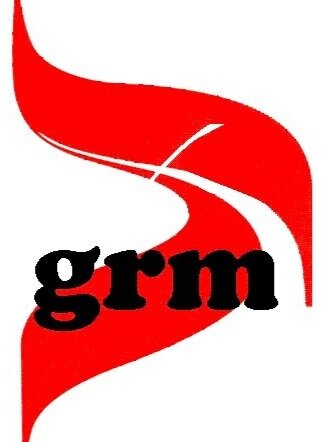PTSD and Addictions (Post 20)
THURSDAY, OCTOBER 27, 2011
Post 20
PTSD and Addictions
Recently, I have attended three professional continuing education events wherein topics of trauma, as correlated to addiction, have been presented. Indeed, there is no rocket science required with this connection and understanding. Basically, the deeper the trauma, the deeper the impact. Then too, the longer (and more consistently experienced) the trauma, the more likely the person may experience post stress. Naturally, individuals vary in their responses to traumatic events in their lives. Again, the nature and duration of the trauma, the age and environment of the victim, and the setting of the event(s) are important considerations as to the effects of stress endured.
What is experienced that is injurious – physically, psychologically, and/or spiritually - carries an impact that may be consciously perceived right away as well as later. Sometimes, it’s later, later! Sometimes, there is experienced a need to escape from the tortures of memory. Sometimes, unhealthy coping devices develop (or become even more problematic) in order to block out images, thoughts, sounds, and even smells that mentally recycle the harmful events. Compulsive and addictive behaviors may seem to relieve these post-stresses; but unfortunately, such responses only serve to re-traumatize the person. The more severe the reaction to the trauma, the more entangled the individual can become absorbed into the pain of new traumas – addiction, compulsive behaviors, unhealthy relationships, etc., utilized to relieve the old pain.
A number of gamblers presenting for treatment, who describe gambling as a way of escape, refer to a need to forget abuses - past and/or present. They escape into the world of gambling, most often, alone. All I want to do is zone out … is frequently heard by escape gamblers. As mentioned above, the pathological gambler eventually finds himself/herself and family members re-traumatized by devastation brought on by losses to income, savings, college funds, property, jobs, and business.
Still, there is good news! There is hope and help for post-traumatic stress syndrome and also, for problem gambling. Here are some important resources:
www.nci.nim.nih.gov
www.militarymentalhealth.org
www.gamblersanonymous.org
www.ncpgambling.org
www.indianasuicidepreventioncoalition.org
www.indianaproblemgambling.org
www.ipgap.indiana.edu
For more information on problem gambling, go to www.grmumc.org
Rev. Janet Jacobs
Director, Gambling Recovery Ministries
Posted by Gambling Recovery Ministries at 10:28 AM
